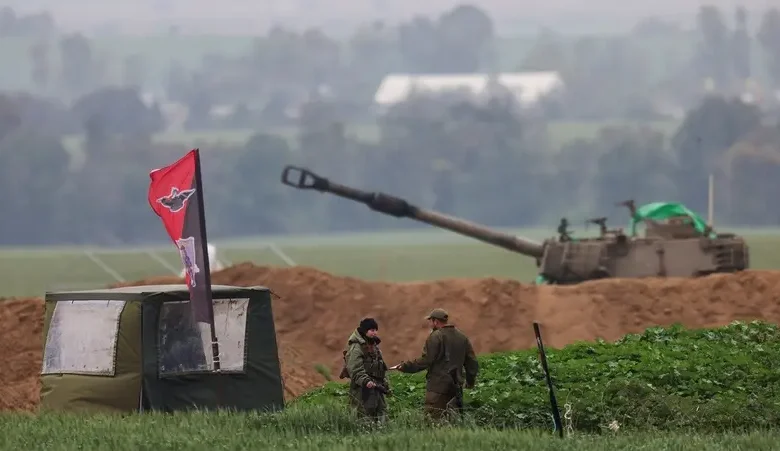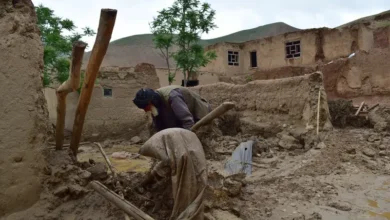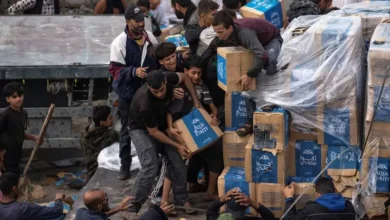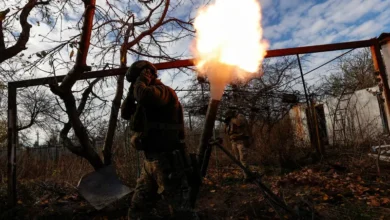Israel’s economy shrinks nearly 20 pct after war against Hamas

Israel’s economy suffered a contraction that was among the deepest in history when the war erupted against Hamas, after hostilities paralyzed businesses, prompted evacuations and a record call-up of reservists.
Gross domestic product had a quarterly drop for the first time in two years, slumping a seasonally adjusted, annualized 19.4 percent in the final three months of last year, according to data re-leased on Monday. That was worse than every estimate in a Bloomberg survey of analysts, whose median was for a decline of 10.5 percent. Israel’s currency traded 0.4 percent weaker against the dollar after the data release. The Tel Aviv Stock Exchange 35 Index pared gains and was 0.4 percent higher.
Though the conflict broke the economy’s momentum toward the end of 2023, GDP still expanded 2 percent in the full year, matching the projection by the central bank’s research department. The Bank of Israel’s growth estimate for 2024 is the same at 2 percent, while the Finance Ministry sees it at 1.6 percent.
The assessment is the first official tally of the war’s toll on GDP and captures the extent of the disruption that tore through the $520 billion economy in the aftermath of Hamas’s attacks on October 7.
Alongside the call-up of reservists that depleted roughly 8 percent of the workforce, it led to restrictions comparable to shutdowns imposed during the COVID-19 pandemic, causing a sudden crash in manufacturing, jolting consumption, and briefly emptying schools, offices and construction sites.
Economic shockwaves from the war have been far more devastating in Palestinian territories, adding to the dire humanitarian crisis unfolding in Gaza. The International Monetary Fund has said the Mediterranean enclave saw “an almost complete collapse of activity” in the fourth quarter, estimating that cumulative GDP in Gaza and the West Bank plunged 6 percent in 2023.
Iran-backed Hamas, which is designated a terrorist organization by the US and the European Union, killed 1,200 people and abducted around 250 when its militants broke out of Gaza and rampaged through southern Israel on October 7. Israel’s retaliatory offensive has killed some 29,000 people in Gaza, according to health officials in the Hamas-run territory. Israel has said it will launch a ground offensive on the Gaza city of Rafah unless hostages still held by Hamas are released soon.
Unprecedented measures by Israeli authorities contained the market fallout from the war, with the central bank pledging to sell as much as $30 billion from its reserves to support the local currency.
Even as new flashpoints have emerged from Yemen to Iraq, the worst fears of a full-blown regional conflict haven’t materialized, providing some reassurance for investors worried by the war’s blowback for Israel’s public finances.
The threat that Israel expands its ground offensive in Gaza or faces a further escalation on its northern border with Lebanon still leaves the economy at risk of a deeper disruption.











